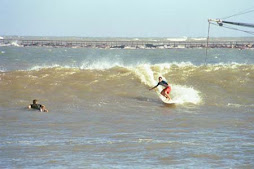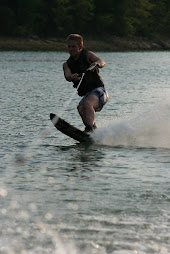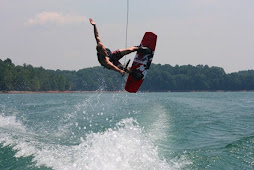Life has finally settled down to where I can train effectively and efficiently again. The past month has been filled with an olympic distance triathlon, labor day weekend, moving, and my brother's wedding. Now that my trips are shorter and less strenuous, I can reclaim my drive towards my first ironman. This past week I gradually eased into a structured training schedule. The intensity of my workouts were moderate at best. Summarized: swim- 3 pool swims focusing on form and alternate breathing. Bike- 1 high paced, short distance ride, 1 spin class, and 1 long and slow, 40 mile ride. Run- 3 runs immediately following each bike ride. I wouldn't normally include 3 brick workouts in my training regimen. However, after taking a three week break from training, I needed a good test at what my legs could handle over the next month. As I begin a new week, my legs have recovered well from Sunday's workout that lasted over 2 hours and 45 minutes.
Looking forward, I am increasing my mileage each week for the next four weeks. This will help build my base up. Then I'll taper down for one week and build up for another three weeks. I'll reach a season high max of swimming 6,500 yards, biking 140 miles, and running 40 miles in a week. Taper back for a week and work on quality and speed for the next two weeks. At this point in my training, Atomic Man 70.3 will be in three weeks. I'll change my diet to include fat intake of 35-45% (sounds weird but I'll elaborate in another post.) This diet along with shorter, race pace workouts will teach my body to use it's stored energy more efficiently.
I've designed my training to give me a chance at breaking 5 hours. More specifically, I've dialed my time down to the minute to get a top 10 finish in my first Half Ironman. I'd estimate that proper training gives me about 75% of what I'm capable of enduring come race day. The other 25% includes variables that aren't foreseeable until I'm racing. Some variables can be reduced by pure knowledge and effective training. For example, understanding what my body needs nutritionally and can handle during an endurance race will allow me to make better decisions as I compete. Also, any technical issues that I may encounter like transistions, flat tires, blisters, and chafing (yikes!) can be less threatening if I know how to effectively deal with them. I have purposely left out one factor that can completely throw away an entire race. The only thing that can overwhelm all the hard training and technical knowledge is the voice inside of your head that tells you to quit. Mental strength is by far the number one most import aspect to any endurance event. That's why it's important to train like you're going to race. The more times you put yourself in mentally straining situations during training, the better off you'll be when you experience it during a race.
I'm eagerly waiting for 5 o'clock to roll around so I can leave the desk job and start pushing my training. It starts today!
Monday, June 15, 2009
Subscribe to:
Post Comments (Atom)













No comments:
Post a Comment